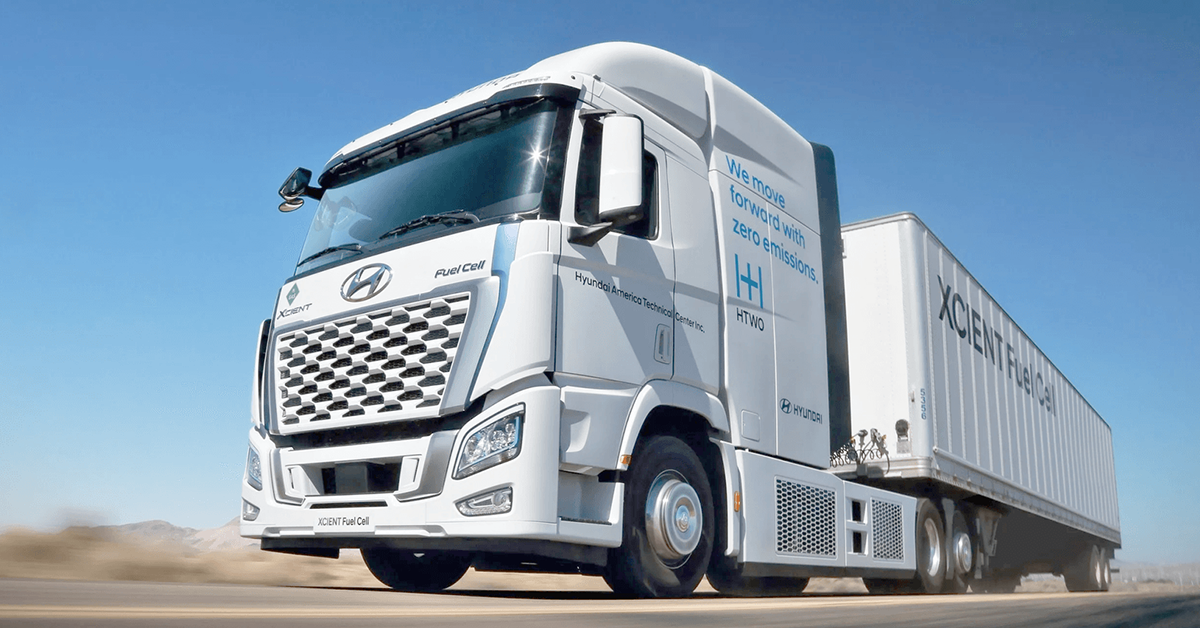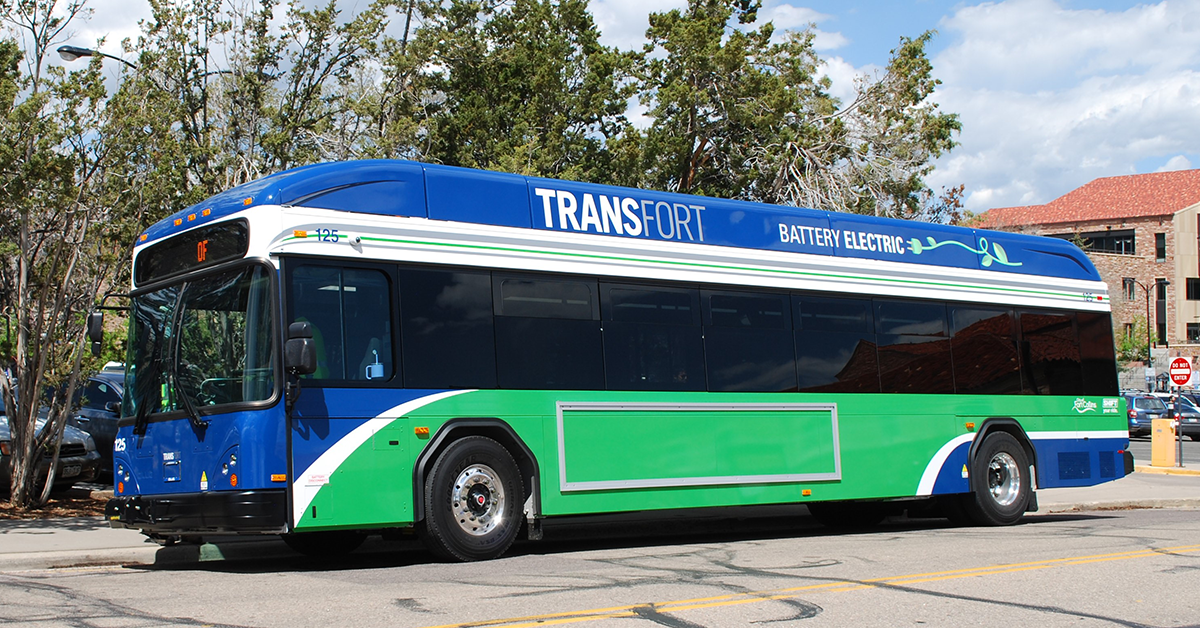CTE Commends the California Energy Commission's $1.4 Billion Plan to Expand Zero-Emission Transportation Infrastructure and Manufacturing

Authored by Brooke Durham, Kate Mason, and Reese Rogers
The Center for Transportation and the Environment (CTE) applauds the California Energy Commission (CEC) on the approval of its three-year $1.4 billion plan to support zero-emission vehicle (ZEV) infrastructure and manufacturing. Increased access to charging and hydrogen fueling will eliminate barriers to further ZEV deployments throughout the state and will reduce air pollution and carbon emissions.

source: www.energy.ca.gov
The plan prioritizes medium- and heavy-duty vehicle infrastructure with 80 percent of the available funding devoted to building charging and hydrogen fueling stations. These stations will ultimately support the operation of 1,000 zero-emission school buses, 1,000 zero-emission transit buses, and 1,150 zero-emission drayage trucks while prioritizing workforce development, manufacturing, and low- or zero-emission fuel production.
CTE has a proven track record of successfully carrying out CEC projects, from developing and demonstrating new zero-emission technologies to building new fueling stations to helping operators plan for full fleet transition to zero-emission vehicles. CTE continues to build this project portfolio with CEC-funded projects supporting deployments of battery electric and fuel cell electric technologies in the school bus and drayage truck markets, respectively. For example, funding from the CEC supports CTE as it works with Stockton Unified School District to identify the lowest-cost approach to full electrification of a school bus fleet, taking into account predicted revenue from a vehicle-to-grid (V2G) system. Additionally, CTE is managing the NorCAL ZERO project, for which CEC is providing close to $10 million dollars to support hydrogen fueling infrastructure and fuel cell electric drayage truck deployments at California ports.[1]
We look forward to continuing to work with the CEC, manufacturers, fleet operators, and other state agencies to accelerate the transition to zero-emission vehicles for California's communities and our planet.
[1] These projects are part of California Climate Investments, a statewide initiative that puts billions of Cap-and-Trade dollars to work reducing greenhouse gas emissions, strengthening the economy, and improving public health and the environment - particularly in disadvantaged communities.





